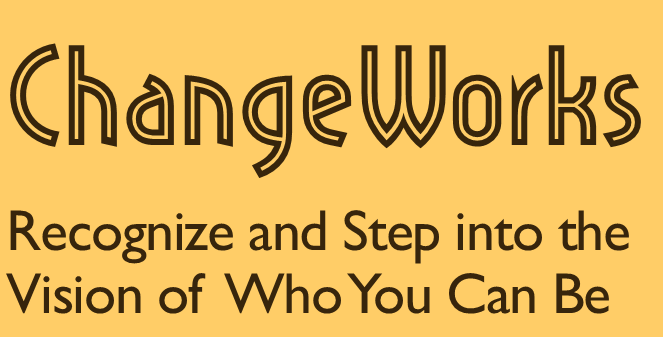I Feel therefore I Trust Reflection on Healing and the Body by Julie Roberts (Feb 2024) Feelings occur naturally in the body. We attach meaning to the feelings we have from life experiences. Negative things that happen to us can get stored in the body. Our feelings lead to thoughts that create beliefs, and then we act from those beliefs, even ones that hinder our flourishing and health. Beliefs lead to self-protection, because our needs for love and safety were not met. We separate from our feelings in order to stay safe. We separate from ourselves, from others, and from…

